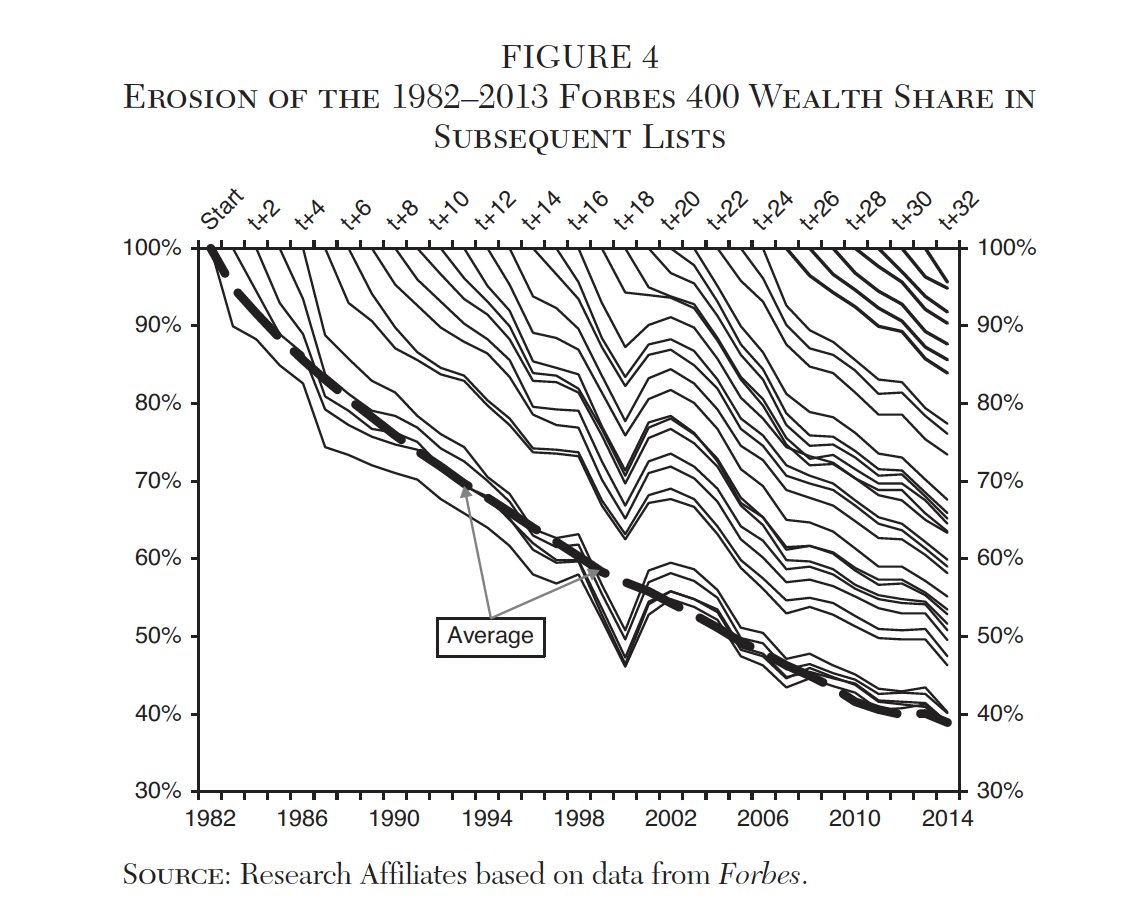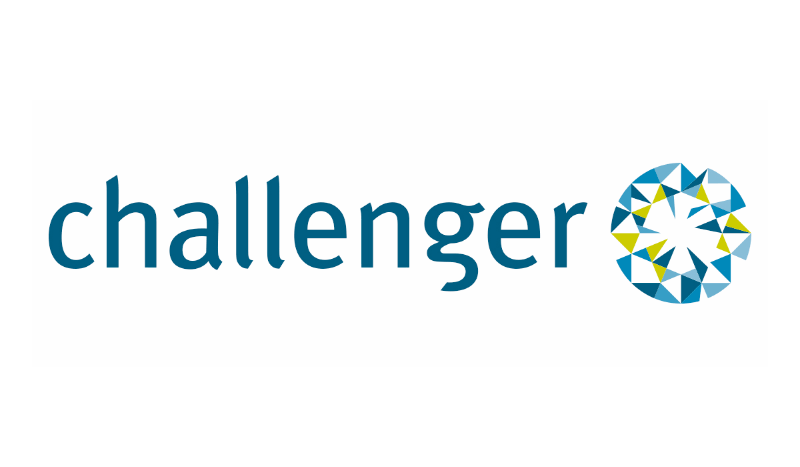How Can Asset-Based Long-Term Care Unburden Clients with Multiple Dependents at Various Ages?
Asset-based long-term care (LTC) is a type of life insurance policy with tax-free long-term care benefits designed to protect the client as their age and health deteriorate in retirement. This lets the client cash in on their death benefits to cover medical needs in the later stages of life.
Asset-based LTC is a solid solution for financial advisors to include in the client’s holistic financial plan because it often allows the client to choose their own caregiver, like an adult child or a spouse.
Taking Care of Parents While Still Caring for Kids
Asset-based LTC relieves some of the financial pressure of aging or caring for a loved one in their old age. This helps to reassure the client and their family that their long-term needs are already taken care of.
As science evolves and humans live longer, more families are living between two worlds. Often adult children are responsible for their aging parents while they still have kids of their own living in the home. There are solutions for financial advisors who have these types of clients.
Taking Care of Their Spouse or Their Spouse Caring for Them
Asset-based LTC provides peace of mind to the client and their loved ones. It gives the family more freedom to choose what’s right for them. Whether a spouse or adult child acts as the sole caregiver or the family decides to pay for care, LTC can help ease the financial burden.
Some asset-based long-term care plans allow benefits to be paid if either spouse triggers the policy in their comprehensive financial plan.
What is the Difference Between Traditional LTC and Asset-Based Long-Term Care?
There are a lot of similarities between the benefits provided by asset-based long-term care and traditional LTC in a comprehensive financial plan.
Asset-based LTC policies are structured around a life insurance model. So, if the client never uses it, the funds will be transferred tax-free to their beneficiaries after death.
Even if they never need to touch it, the accumulated value of the account will go into the total financial legacy they leave to their heirs. Asset-based LTC premiums are typically higher than traditional rates because of the guaranteed benefit payment.
However, traditional LTC plans follow a use it or lose it method. This allows them to be more affordable as not everyone will be guaranteed a payout, only those who need LTC services.
Additionally, traditional LTC often requires the client to hire a medical professional to act as their caregiver rather than a trusted family member.
Help Clients Understand the Benefits of a Health Savings Account
Using a health savings account as part of the overall holistic financial plan can protect your clients if any new medical needs arise in the future. It can also help them prepare for a procedure or expected expenditure like orthodonture or an elective surgery.
There are many solutions for financial advisors to achieve profitable business lines using HSAs. Implementing an HSA into the client’s comprehensive financial plan can help them regardless of their health care needs.
One of the most important benefits of an HSA investment strategy is the triple tax advantage, and it’s never too soon for early retirement tax planning.
How Does Asset-Based Long-Term Care Fit into a Holistic Financial Plan?
Financial advisors can position different products in their clients holistic financial plan based on their long long term goals. These products include:
Help Clients Feel Prepared with the Soon Bucket
Like a health savings account, the first purpose of long-term care in a comprehensive financial plan is to be there if and when the client needs it.
However, they must understand that if they do need it, there will be little or no death benefit remaining as the policy only pays out once. If this is a concern to the client, there are other profitable business lines to consider for their legacy plan.
Boosting Retirement Savings in the Later Bucket
Estimates in 2022 revealed the average couple over the age of 65 requires about $315,000 for health care costs in retirement. So, you need to create space in the client’s comprehensive financial plan for health care expenses.
Asset-based LTC funds can be used for things like home health aides, living expenses, nursing homes, medical equipment, funeral expenses, and burial costs.
To learn about more solutions for financial advisors or profitable business lines within a holistic financial plan, book a complimentary call with one of our business development representatives today!
Originally published on C2P Enterprises.
The views and opinions expressed herein are the views and opinions of the author and do not necessarily reflect those of Nasdaq, Inc.




































